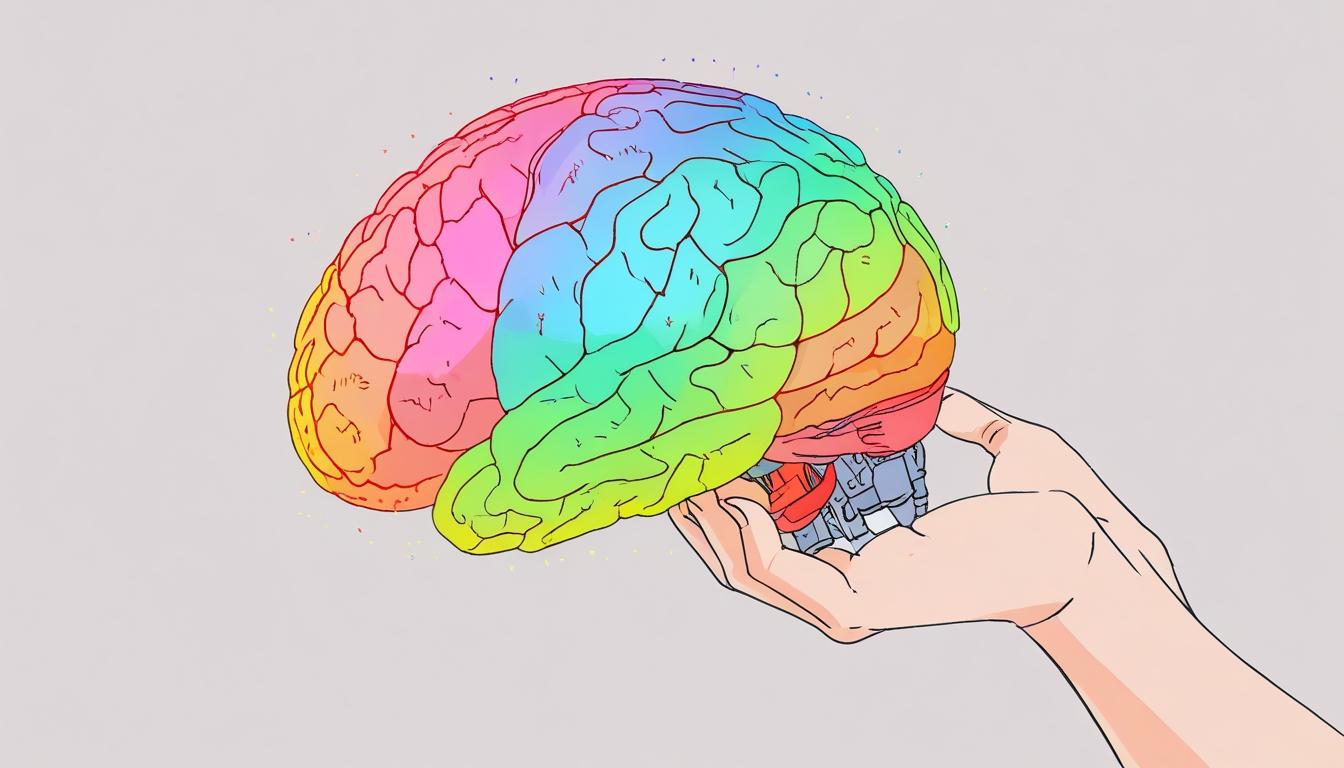Recent research suggests that the increasing integration of artificial intelligence (AI) into daily tasks may be contributing to a decline in certain cognitive abilities, particularly critical thinking and memory. An analysis by The Guardian, summarised on futurism.com, explores the irony that while AI is becoming ubiquitous in various aspects of life, it might be causing humans to lose intellectual sharpness by offloading complex thinking to machines.
One study published in the journal Frontiers in Psychology, which was itself edited using ChatGPT, proposes that regular AI use could lead to the atrophy of cognitive functions and memory capacity. Another research article by Michael Gerlich of the Swiss Business School, appearing in the journal Societies, highlights what he terms the "cognitive costs of AI tool reliance." Gerlich points to practical examples such as healthcare, where automation enhances efficiency but reduces reliance on professionals for independent critical analysis and decision-making.
The body of research behind these findings aligns with the established concept that cognitive skills must be actively exercised to be maintained, often summarised as "use it or lose it." With AI models increasingly taking on everyday challenges like writing emails, conducting research, or solving problems, there is concern that people might treat AI as a "magic box" that performs all necessary thinking. This perception is reportedly fuelled by AI industry marketing, which employs terms like "deep learning" and "artificial general intelligence" to promote broad capabilities.
Adding to this, a study noted by The Guardian's analysis found that 25% of Generation Z individuals believe AI is "already conscious," likely influenced by AI’s ability to quickly generate prose that appears thoughtful and human-like. Gerlich cautions about the difficulty in maintaining critical thinking in the face of such powerful AI tools, stating, "To be critical of AI is difficult — you have to be disciplined. It is very challenging not to offload your critical thinking to these machines."
The analysis also stresses that the issue is multifaceted and that AI should not be blamed exclusively for declining intelligence measures seen in Western countries since the 1980s. Broader factors such as neoliberal policies leading to reduced funding for public education, diminished support for teachers, and the elimination of childhood food programmes also play significant roles.
Meanwhile, educators report growing concerns over AI-driven academic dishonesty, with cheating facilitated by AI tools reaching what many consider crisis levels. Although AI may not have initiated the trend, it appears to be accelerating it to new heights.
The Guardian’s insights underscore ongoing debates about the complex effects of AI on human cognition and educational integrity, raising important questions about the balance between leveraging AI for assistance and preserving essential cognitive skills.
Source: Noah Wire Services
